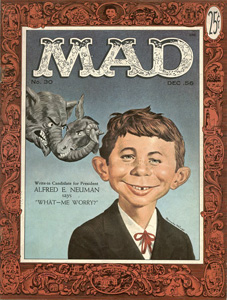The Power of AI: Who Is Truly Hallucinating?

It’s a tough funding environment right now and although we’ve often reminded founders that some of the most successful companies launched during the toughest times in funding, that fact often gets lost in the tough-times funding headlines.
The current exception seems to be if/when founders have ‘AI’ someone front and center in their pitches. As we all know at this point because the hype machine/tech press impresses it upon us every two or three headlines, AI is going to change the world, replace most jobs, eliminate entire professions.
Including coding itself, if Devin is any indication. Devin is “An AI startup that’s not even 6 months old says it’s worth $2 billion Cognition Labs is building an AI tool for writing code — and seeking a valuation six times its current level,” said Quartz.








